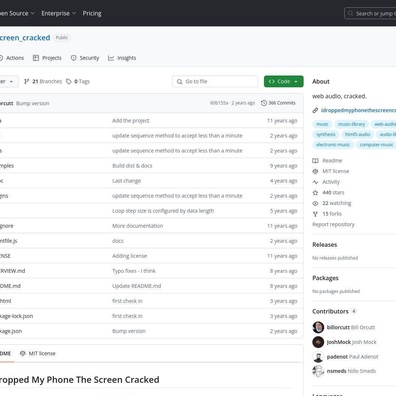News
BrowserBee: Privacy-First Browser Automation Sparks User Debate on Security and Efficiency
In the evolving landscape of browser automation tools, BrowserBee has emerged as a notable open-source Chrome extension that allows users to control their browsers using natural language. The tool has generated significant discussion within the developer community, particularly around its privacy implications, potential security concerns, and efficiency challenges.Privacy Claims Scrutinized by CommunityBrowserBee markets itself as a privacy-first solution that runs entirely within the browser, with the exception of LLM (Large Language Model) API calls. However, this claim has prompted critical examination from users. Several commenters pointed out that while the extension operates locally, it still sends website content to external LLM providers when using cloud-based models like OpenAI or Gemini, creating potential privacy vulnerabilities.How is it privacy-first then if it literally sends all your shit to the LLM?Other users clarified that BrowserBee's privacy credentials stem primarily from its support for Ollama, which enables running LLMs locally without sending data to external servers. This distinction highlights the growing importance users place on true data sovereignty in AI-powered tools, rather than simply reducing the number of intermediaries handling sensitive information.Security Concerns with Browser AutomationThe extension's use of Chrome DevTools Protocol (CDP) for automation has raised security red flags among technically-minded users. One commenter specifically warned that malicious websites could potentially exploit BrowserBee's automation capabilities to perform unauthorized actions, stating they could 100% be able to find a way to drain all their accounts probably in the background without them even knowing.This concern underscores the inherent tension between powerful automation capabilities and security in browser extensions. While BrowserBee includes safeguards like requiring user approval for sensitive actions such as purchases, some users suggested that moving away from CDP toward lighter, custom-built automation might provide better security without sacrificing core functionality.Token Efficiency and Cost ChallengesA recurring theme in user discussions centered on the inefficiency and cost implications of processing web content through LLMs. Users noted that web pages contain low-information-density content compared to other LLM use cases, resulting in higher token consumption and costs. One commenter pointed out that the demo video showed nearly $2 USD in API usage within just one minute of operation.The developer acknowledged this limitation, explaining that there's just more tokens to process in a web browsing task than many other tasks we commonly use LLMs for. Several technical suggestions emerged from the community to address this issue, including implementing stacking contexts to reduce information sent to LLMs by 100 fold and caching DOM structures to optimize subsequent page interactions.BrowserBee Key FeaturesSupports major LLM providers: Anthropic, OpenAI, Gemini, and OllamaTracks token usage and associated costsUses Playwright for robust browser automationLocal memory feature to store useful tool sequencesRequires user approval for sensitive actions (purchases, social media posts)Community ConcernsPrivacy: Sends webpage content to external LLMs (unless using local Ollama)Security: CDP implementation potentially exploitable by malicious sitesCost: High token consumption due to DOM/webpage processing inefficiencyBrowser Support: Currently Chrome-only, Firefox port requestedFeature Requests and Future DevelopmentThe community has actively contributed ideas for enhancing BrowserBee's functionality. Popular suggestions include implementing templified sessions that allow users to create reusable workflows with customizable parameters, similar to email templates with merge fields. This would enable users to run the same automation across multiple websites without requiring repeated LLM processing.Firefox compatibility also emerged as a frequently requested feature, with users expressing interest in alternatives to Chrome's built-in AI features. The developer has indicated openness to exploring a Firefox port, though noted some technical dependencies on Chrome-specific technologies that would need to be addressed.In response to community feedback, the BrowserBee developer has maintained an open and collaborative approach, acknowledging limitations while emphasizing the project's goal of promoting open-source AI tools rather than direct monetization. As browser automation tools continue to evolve alongside advances in LLM technology, BrowserBee represents an interesting experiment in balancing power, privacy, and practicality for everyday users.Reference: BrowserBee
Security
37 minutes ago
Samsung's Ultra-Slim Galaxy S25 Edge Launches with Premium Design and Impressive Preorder Deals
Phone
7 hours ago

AI Coding Tools Show Mixed Results: Revolutionary in Startups but Minimal Impact on Workplace Productivity
AI
7 hours ago

Star Citizen Developer Delays Controversial Flight Blades After Pay-to-Win Backlash
Computer Game
7 hours ago

Google Expands Gemini AI Assistant Across Android Ecosystem with Major UI Updates
AI
9 hours ago

VirtualBox VM Escape Vulnerability Raises Questions About 3D Graphics Security in Virtual Machines
Security
12 hours ago

Cross-Platform iOS Development: xtool Enables Building iOS Apps on Linux and Windows
Apps
12 hours ago

Rapidhash Emerges as State-of-the-Art Hash Function for Small Keys, Outperforming XXH3
Security
12 hours ago
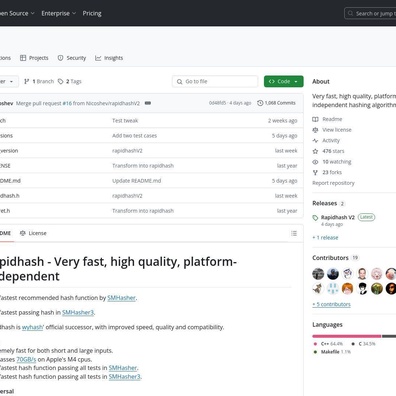
Users Praise Espanso Text Expander for Productivity, Despite Minor Bugs
Apps
12 hours ago
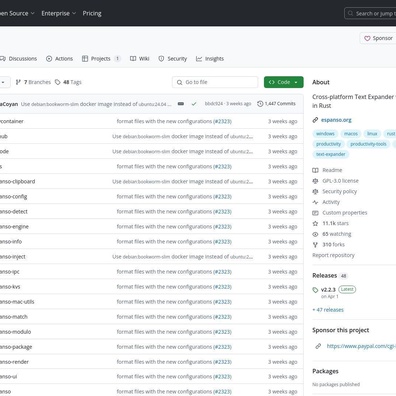
Xiaomi Unveils XRING 01: Its First In-House Smartphone Chip After 10 Years of Development
Phone
14 hours ago

Acer Unveils Predator X27U F5: A 500Hz QD-OLED Gaming Monitor Pushing Performance Boundaries
Monitors
17 hours ago

AMD's Cancelled RX 7500 Prototype Surfaces with 6GB VRAM and 1,536 Shaders
GPU
23 hours ago

Grok's Prompt Release Viewed as PR Move Following South African Controversy
AI
23 hours ago
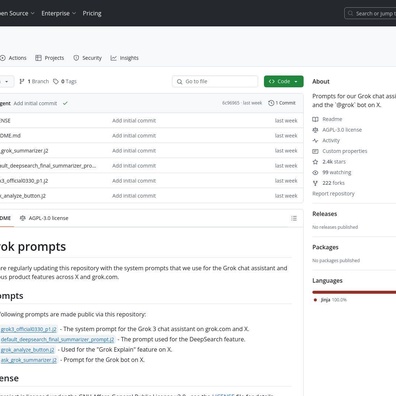
Developers Struggle with GitHub Actions Local Testing Tool Despite Promise of Faster Feedback
GitHub
Yesterday
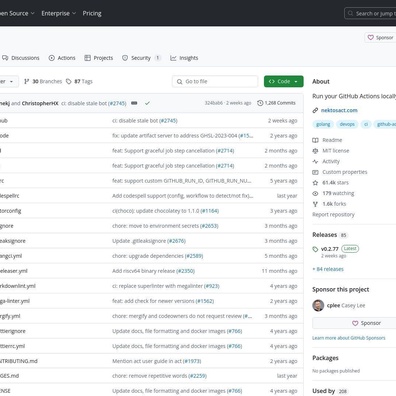
New R Package Manager 'rv' Challenges renv with Declarative Approach
Yesterday
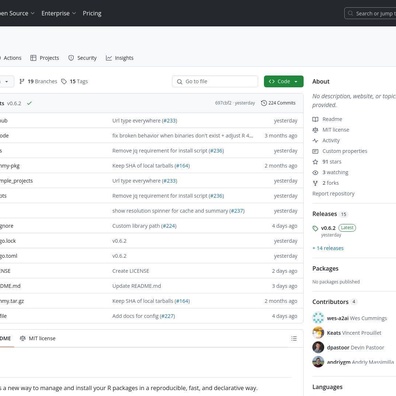
Apple Vision Pro Users Express Buyer's Remorse Over $3,499 Headset's Comfort Issues and Limited Use Cases
Wearable devices
Yesterday

AI-Powered Merliot Hub Opens New Possibilities for DIY Smart Device Control
AI
Yesterday
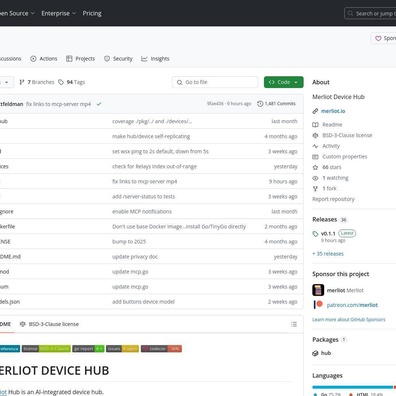
Google Shifts Focus to AI at I/O 2025, Previews Android 16 and Smart Glasses
AI
Yesterday

iPhone 17 Air Reportedly Coming With Ultra-Thin Design and Tiny 2,800mAh Battery
Phone
Yesterday

"I Dropped My Phone The Screen Cracked": The jQuery-Like Library Simplifying Web Audio Development
Apps
Yesterday
